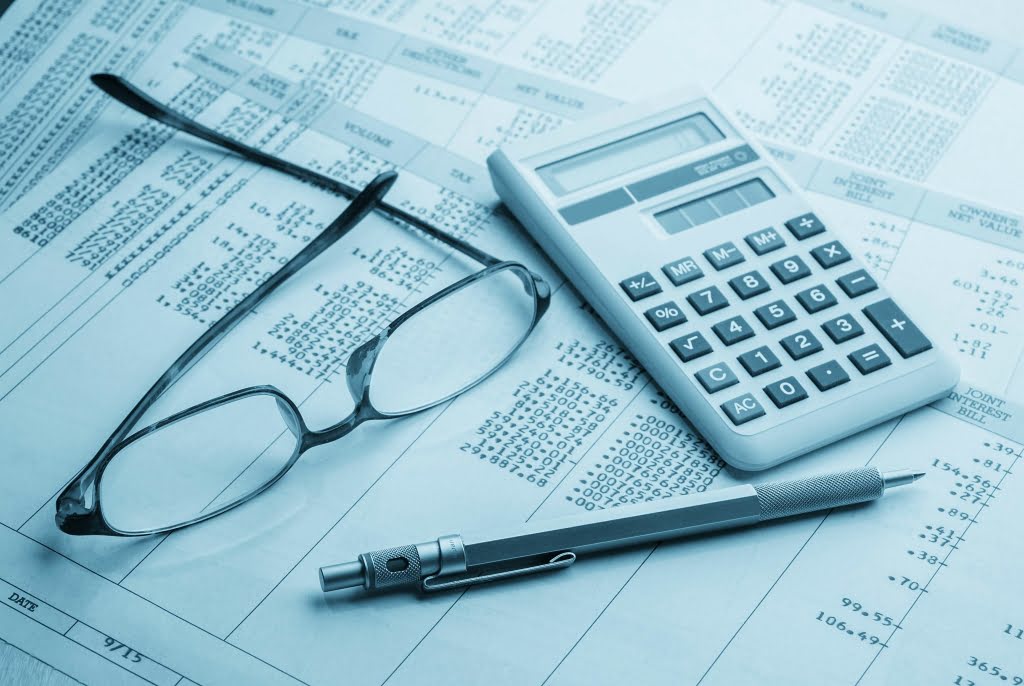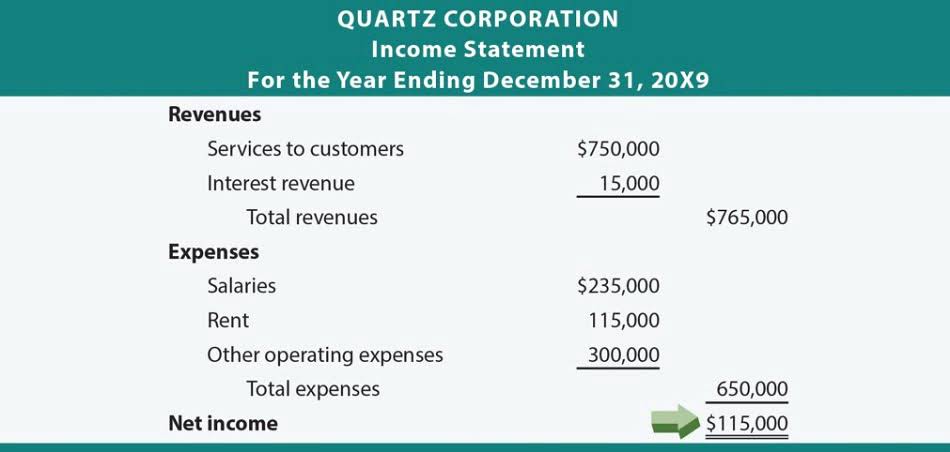
There is no need to know integrals, differentials, or any other complicated mathematics properties and/or equations. Firstly, if the idea of complex math has been a barrier to considering accounting as a career, it’s time to rethink. The everyday tasks in accounting rarely go beyond basic arithmetic, making the field more approachable than you might have believed. The introduction of these advanced tools marks a shift in the accounting profession, moving away from an emphasis on advanced mathematical skills to a stronger focus on analytical and strategic capabilities.
What type of math is used in accounting?
Accounting bachelor’s programs teach foundational skills and knowledge to prepare graduates for entry-level jobs or graduate study. As well, completing some business management and computer software classes can really help a candidate build his skills and do you need to be good at math to be an accountant start his career. If you like numbers and have a detail-oriented outlook, accounting can provide a satisfying career with a comfortable salary and strong job security.
Do You Need to be Good at Math to Work in Accounting
Many other accountants also use their statistics skills on a daily basis, whether to identify trends, forecast earnings or assess risk. Statistical skills help accountants work efficiently and accurately. Accountants calculate the amount of interest owed on a loan and how companies should allocate their assets. As a result, accountants need to know how to work with fractions, decimals and percentages, including how to convert percentages. The ability to manage percentages allows accountants to assess risk, calculate future losses or gains, and precisely interpret financial data. Accounting majors bring years of experience with arithmetic, and accounting classes show them how to apply their arithmetic skills in the accounting field.
Hilbert College Global Online
Almost all accounting work is now done on computers and Excel spreadsheets, which means even less math work for accountants. Accounts have access to calculators, excel, and often other programs that help with the math tasks of their day-to-day jobs. Most accountants are penciling in long calculations or computations on scratch paper these days. Let’s look at what technology can do to help you focus on developing other skills. In fact, the math involved is usually pretty straightforward – think basic addition, subtraction, multiplication, and division.
- Automated software now handles many of the calculations and data analysis tasks, simplifying what used to be complex mathematical processes.
- Most accounting programs will have a good, basic math class to bring you up to speed.
- According to the Bureau of Labor Statistics, which is a federal agency whose duties include measuring labor market activity, the 2017 median pay for an accountant is $69,350 per year.
- And they have to understand business, in order to serve their business clients, to a level of depth which usually far surpasses the business smarts of your average doctor or lawyer.
- Accounting is the process of recording, classifying, summarizing, interpreting, and communicating financial information about a particular business to make informed decisions.
- This is especially true for self-employed accountants who have many clients who rely on them, and for accountants in specialized fields.
They may compute and prepare tax Bookkeeping for Painters returns for individuals or handle the financial reporting needs of businesses. Whether they work in public accounting, management accounting or government accounting, accountants will use math, but they aren’t math professionals. For potential accounting students who don’t enjoy or excel at complicated mathematical formulas, this concern could deter you from pursuing a career that would otherwise be a great fit. It is true that math skills are important for success as an accountant, according to the United States Bureau of Labor Statistics (BLS).

They are responsible for ensuring financial records are maintained accurately and in compliance with relevant regulations and laws. This information is used to make important business decisions and to prepare financial statements, tax returns, budgets, and forecasts. Accounting is a challenging profession that requires a great amount of skill, knowledge, and expertise.

Mathematicians will regularly use formulas and numbers to bring about certain conclusions. There is no pattern to what mathematics equations will be needed, and the subject is a great deal vaguer than what some imagine. Try to honestly assess your attitude toward pressure and heavy workloads.

Do You Need a Four-Year Degree to Work in Accounting?
- Compared to other accountants, CPAs have more professional responsibilities and privileges.
- Generally speaking, people consider accounting majors to be more difficult to study and pass than finance majors.
- Accounting is easy once you get it, but some people never get it.
- The first step toward becoming an accountant is usually a bachelor’s degree in accounting or business administration bachelor’s degree.
- Some people think that accountants work in solitude in a back office where no one will bother them.
Businesses, public accounting firms, nonprofits and government organizations may offer accounting internships. Accounting students can find adjusting entries internship opportunities through their academic departments or college career services. Many interested in the field of accounting eventually do become CPAs. They earn the CPA designation after completing specific educational and work requirements, and passing an exam. An accountant without the CPA designation cannot do any of these things.
Find out what kinds of different jobs are out there for Accountants. Find out more about what a day in the life of an Accountant could look like for you and read up on the daily tasks and responsibilities of an Accountant. In this article, we’ll bust some common myths about working in accounts and give you tips on how to enter the industry or take the next step in your career.